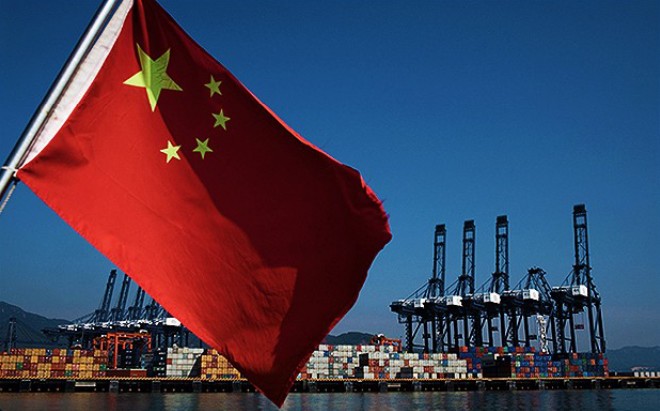World markets rose following China’s interest rate cuts and comments made by the European Central Bank. China’s Central Bank has cut the interest rate on annual deposits to 2.75 percent from 3.00 percent in an attempt to revive the economy. During the first half hour of opening trading, the Dow Jones industrial average rose to 1.00 percent to new record high at 17,866 points.
In Britain, the mining sector rose three to five percent, driven by economic growth expectations–based on sales of raw materials to China. The six largest rises on the index were for companies in the oil and mining sectors. The Australian and New Zealand dollars also rose, reflecting their adoption on trade with China. China’s rate cut, made Saturday, is the first since 2012 and it has worked.
China also will cut interest on loans for a year to 5.6 from 6.00 percent. Chinese economic data last Thursday showed a drop in industrial output for the first time in six months. China’s growth has dropped to its lowest level in five years (7.3 percent) in the last quarter. The Chinese Central Bank has allowed flexibility for banks through which it can move interest rate on deposits to 1.2 percent of the standard rate instead of 1.1 percent. This is in part a measure to recompense savings owners in China for the cut on interest on deposits.
Meanwhile, European Central Bank (ECB) President Mario Draghi said, “This moves will increase pressures to stimulate the European economy, which faces troubles.” Draghi noted that he is ready to take large-scale actions to stimulate the economy, including buying assets, to make sure the European economy does not face a new crisis. He added, “What we must do is lift inflation expectations as quick as possible.”
Inflation rates in the Euro zone reached 0.4 percent last month and are well below the inflation target which the ECB estimated–2.00 percent. Draghi said that the ECB, if current efforts fail, will expand channels through which it can intervene to remedy the situation. Many experts consider this as an implicit declaration that the ECB will buy government bonds.
Draghi’s comments came amid a state of fragility in the European economy, that recently escaped from falling into a recession. Reading growth in the third quarter ose 0.2 percent compared with the second quarter of this year. Reading growth in Germany–Europe’s strongest economy– rose only 0.1 percent from the third quarter, after a similar contraction in the second quarter.
China has sought to reassure the world that its economy will not see further slowdown. Earlier this month, the Chinese president, Xi Jinping, spoke to Executive Heads of major companies. Within the framework of summit on economic cooperation for Asia and the Pacific, Xi stated that “the risks facing the Chinese economy are not scary. The Government is confident that it will exceed these risks.” He noted that even if Chinese growth reading fell to 7.00 percent, China will remain the most developed economy in the world.
The World Bank commented on the Chinese economy last June, saying that China had conducted important structural changes. Chinese economic growth engines continue to turn from manufacturing sector to service sector, and from investment to consumption in strong demand.
By Ahmed Kotb
